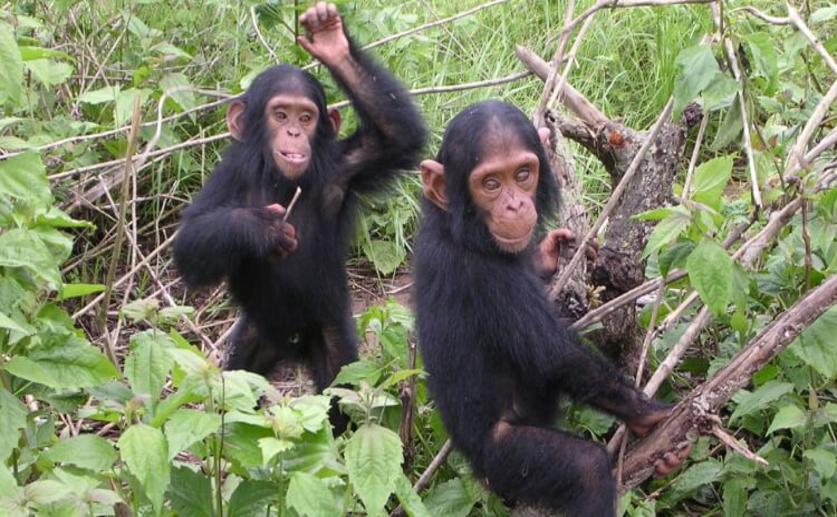
This archived news article is over 5 years old.
Great Apes Understand That Others May Hold False Beliefs, a First in Nonhuman Animals
David Jennings
7th October, 2016


David Jennings
7th October, 2016
